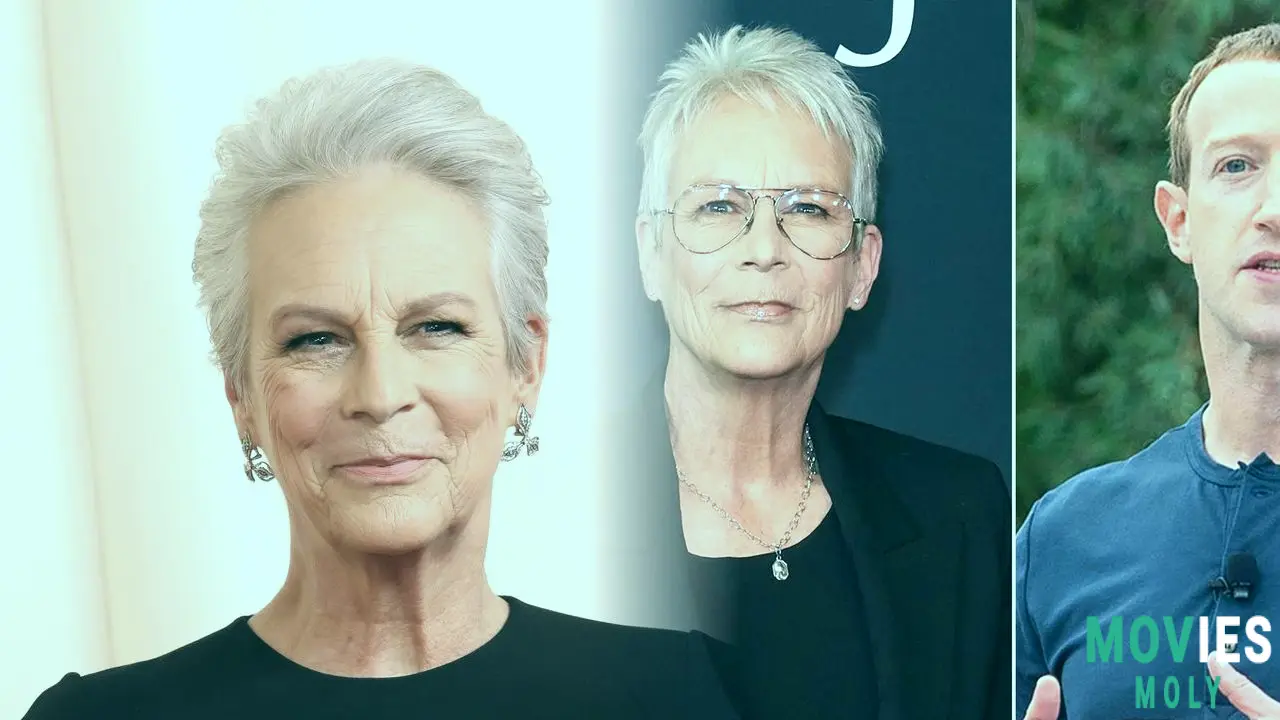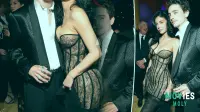Jamie Lee Curtis didn’t waste time cutting through the noise. When a fake AI-generated commercial using her image and voice appeared on Meta platforms without her permission, the Oscar-winning actress went straight to the source — tagging Mark Zuckerberg in a public Instagram plea.
“It’s come to this @zuck,” Curtis wrote. “Hi. We have never met. My name is Jamie Lee Curtis and I have gone through every proper channel to ask you and your team to take down this totally AI fake commercial for some bulls--- that I didn’t authorize, agree to or endorse.”
The AI Deepfake Ad Misused Curtis’s Image Without Any ConsentThe controversial AI ad clipped footage from an interview Curtis gave to MSNBC’s Stephanie Ruhle about the recent Los Angeles wildfires. But instead of using her actual words, the manipulated video inserted fabricated messaging — turning a serious moment into an unauthorized endorsement.
For someone like Curtis, whose career is built on authenticity and a reputation for speaking plainly, the misuse wasn’t just misleading. It was damaging. “If I have a brand... it is that I am known for telling the truth and saying it like it is and for having integrity,” she wrote. “This (MIS)use of my images... diminishes my opportunities to actually speak my truth.”
Curtis’s Bold Move Shows How Celebrities Are Struggling To Combat Synthetic Media
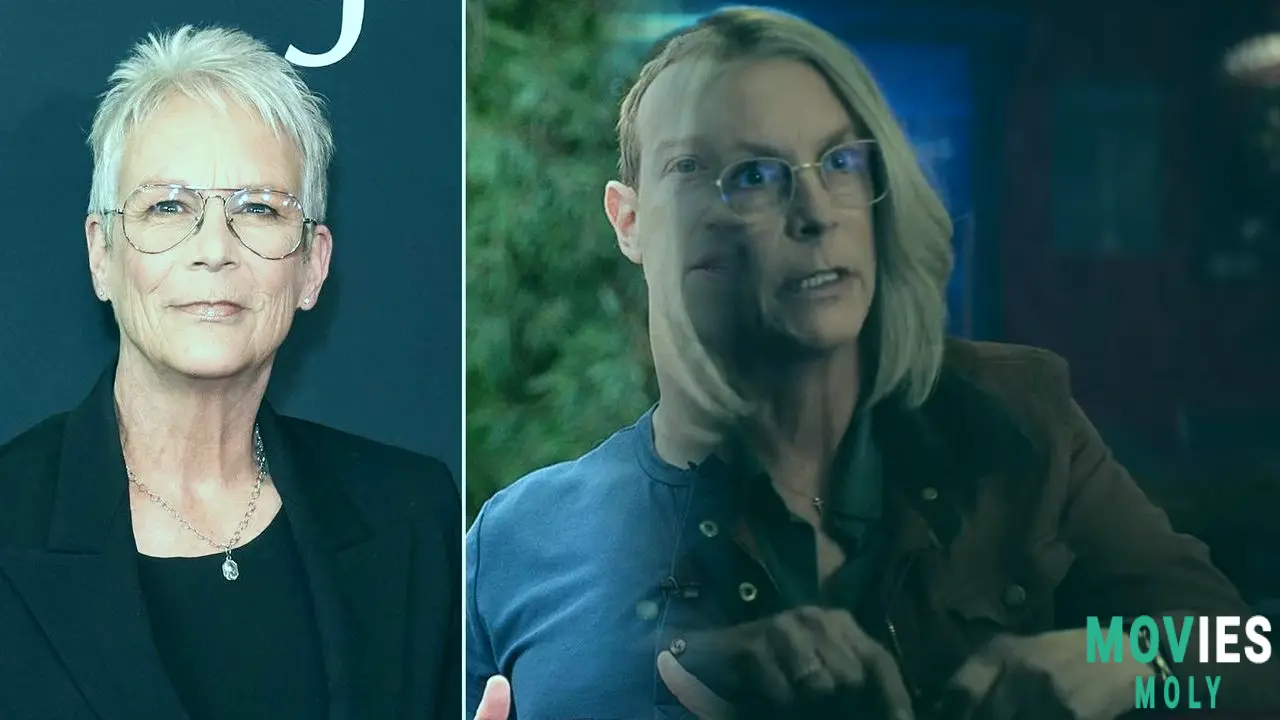
Having already exhausted legal and social media channels to get the content removed, Curtis resorted to what many call “platform shaming.” And it worked. Within hours of her Instagram post, Meta confirmed the ads violated their policies and removed them.
“IT WORKED! YAY INTERNET! SHAME HAS IT'S VALUE! THANKS ALL WHO CHIMED IN AND HELPED RECTIFY!” Curtis later wrote in a follow-up comment.
This Incident Highlights The Growing Threat Of AI Abuse Online
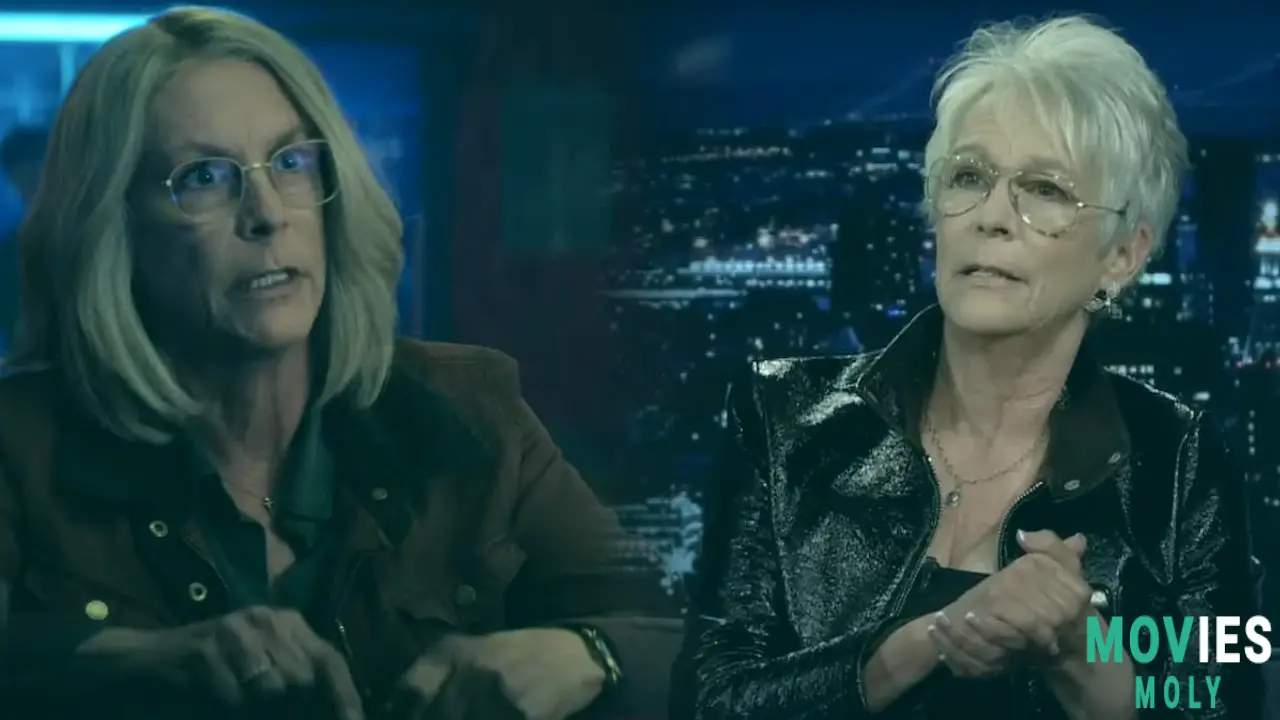
Curtis isn’t just fighting for her own image — she’s sounding the alarm on how AI technologies are outpacing the safeguards meant to control them. “HOW IS THIS POSSIBLE?” she asked. “Just think about the threat of this, forgetting my ‘career,’ but politicians or public servants saying things that they aren’t saying. It’s like the wild wild West.”
Her concern is one shared by other high-profile figures. Tom Hanks has warned fans not to be fooled by AI ads using his likeness without consent. Scarlett Johansson has called for legislation after deepfake videos of her circulated online. These aren’t isolated cases. They’re becoming the norm.
Jamie Lee Curtis Continues To Use Her Platform With Purpose — And PUNCH
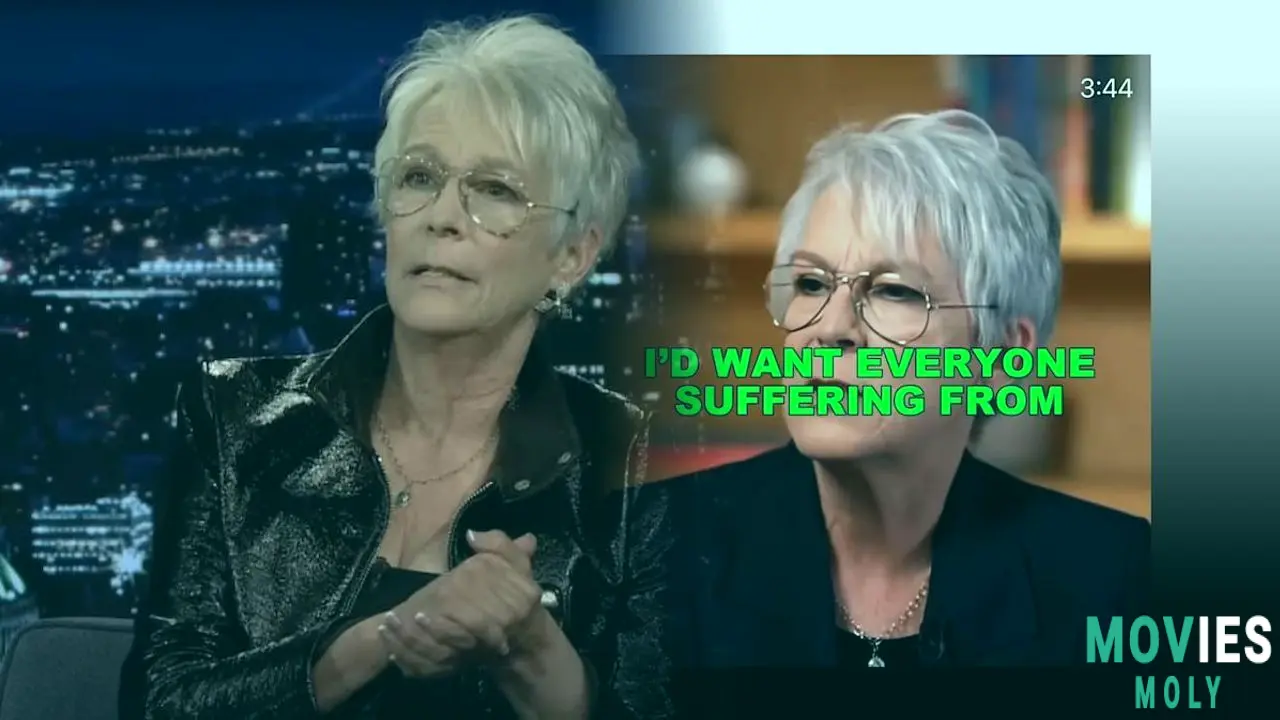
Whether she’s starring in Everything Everywhere All at Once or returning to the Freakier Friday franchise, Curtis remains unflinching in her public persona — both on and off screen. She long ago deleted her Twitter account, calling it a space she no longer wanted to engage with. Instagram is now her megaphone.
And she used it smartly. Backed by Aretha Franklin’s “Integrity,” Curtis’s message to Zuckerberg wasn’t just a takedown. It was a call for accountability from companies profiting off AI content they don’t police properly.
What Curtis’s Stand Means For The Future Of AI, Advertising, And Celebrity Rights
This isn’t about banning AI or stopping innovation. It’s about control, consent, and context. Jamie Lee Curtis’s fight against a fake commercial isn’t just a celebrity ask — it’s a preview of what digital ethics will look like in the next decade.
If platforms like Meta can’t or won’t enforce rules against this kind of manipulation, then the line between endorsement and deception will disappear entirely. And if that happens, it won’t just be celebrities who suffer — it’ll be everyone.
For now, Curtis has won this round. But her message is clear: technology may be advancing, but integrity still matters. And she’s not willing to let hers be rewritten by AI — not without a fight.

